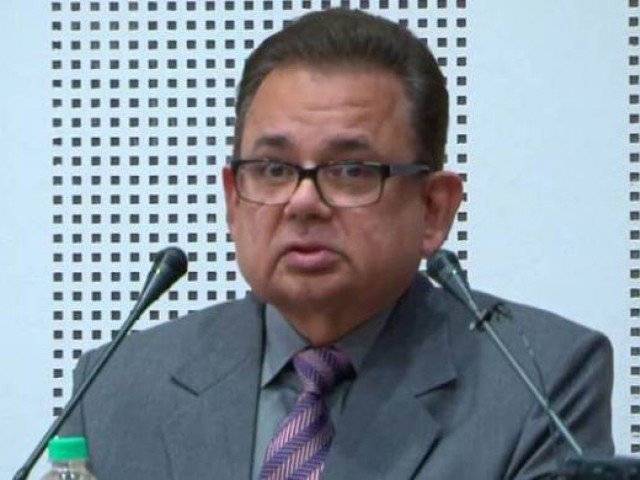Indian Judge at ICJ reacts over the court judgement in Kulbhushan Yadav case
Shares

ISLAMABAD: As against the judicial norms the Indian Judge at the International Court of Justice has openly reacted over the court judgement in the issue of the Kulbhushan Yadav case in the ICJ.
In an interview published in The Indian Express newspaper a day after the ICJ stayed execution of Jadhav until its final decision, Indian ICJ Judge Justice Dalveer Bhandari had described the ICJ order as a “hugely satisfying interim pronouncement which is a great diplomatic victory for India”.
ICJ, seated in The Hague, is the judicial wing of the United Nations. It acts as an international umpire in disputes between States. So, the neutrality of those adjudging the contentions is of paramount importance to the nations willing to submit to its jurisdiction.
Jadhav’s is perhaps the most contentious dispute between India and Pakistan at this moment, and it is likely to shape up the course of future diplomacy between the two countries. Politics and diplomacy are playing out at their best while the ICJ endeavours to adjudicate the case on the basis of international laws and conventions.
Bhandari’s comments, in a situation as delicate as this, would have not gone unnoticed and might trigger a controversy.
Bhandari, in the interview, said he was “delighted that the International Court rose to the occasion” and “saved a person from the gallows”.
But the law and the jurisprudence calls upon a judge not to be “delighted” by the outcome of a case he is hearing since that shows his personal interest and thus a bias.
A judge can always be satisfied that he was able to discharge his duties as a neutral arbitrator of law and facts, but he is not to be “delighted” by what he decides.
Strangely, even though Bhandari acknowledges that “the larger issues, which have been raised by the dispute, will be taken up by the court after a break,” he goes on to comment upon the facts of the case — something, the ICJ bench has maintained, ought to be examined later.
The former judge, who was appointed an ICJ judge in 2012 as India’s representative, holds the view that “Pakistan unfairly denied consular access”. What more remains to be adjudicated when one of the 11-judge bench at the ICJ has already formed his final opinion in the matter?
